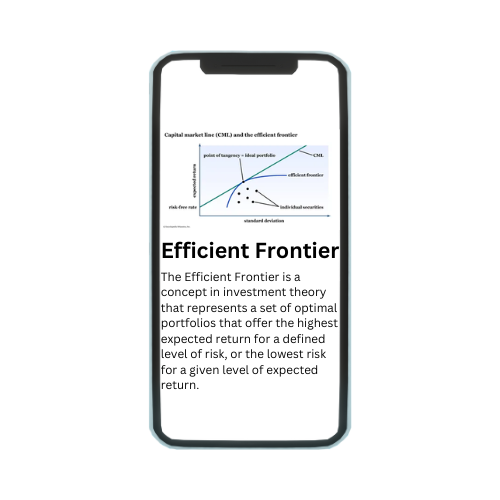An accounting method is the framework a company uses to record and report its financial transactions, determining how income and expenses are recognized in financial statements. The two primary methods are cash basis and accrual basis accounting.
In cash basis accounting, transactions are recorded when cash is received or paid, making it simpler and often used by small businesses. Accrual basis accounting records transactions when they are earned or incurred, providing a more accurate financial picture, and is required under Generally Accepted Accounting Principles (GAAP). The choice of accounting method affects financial reporting, tax obligations, and business decision-making.
Types of Accounting Methods:
- Cash Basis Accounting:
- Under the cash basis method, revenues and expenses are recorded when cash is actually received or paid. It is commonly used by small businesses due to its simplicity.
- Example: A company records revenue when it receives payment from customers and records expenses when it pays its bills.
- Accrual Basis Accounting:
- In the accrual method, revenues and expenses are recorded when they are earned or incurred, regardless of when the cash is received or paid. This method is required by GAAP and is commonly used by larger businesses.
- Example: A company recognizes revenue when it delivers goods or services to customers, even if payment has not yet been received.
Key Differences:
- Timing of Revenue and Expense Recognition:
- In cash accounting, revenue and expenses are recognized when cash is exchanged.
- In accrual accounting, revenue and expenses are recognized when they are earned or incurred, not when cash changes hands.
Hybrid Method:
Some businesses use a hybrid accounting method, combining elements of both cash and accrual accounting. For instance, a company might use the cash basis for certain types of income and expenses and the accrual basis for others, depending on regulatory and operational needs.
Why the Choice of Accounting Method Matters:
- Tax Reporting: The method chosen affects when income and expenses are recognized for tax purposes. The accrual method is typically required for larger companies, while small businesses can often use cash accounting.
- Financial Reporting: The accrual method provides a more accurate picture of a company’s financial health by matching revenues with the expenses incurred to generate those revenues.
Conclusion:
The choice of accounting method significantly impacts financial statements and business decisions. While the cash basis offers simplicity and is suited for small businesses, the accrual basis provides a more comprehensive view of financial performance, which is essential for larger enterprises and regulatory compliance.







